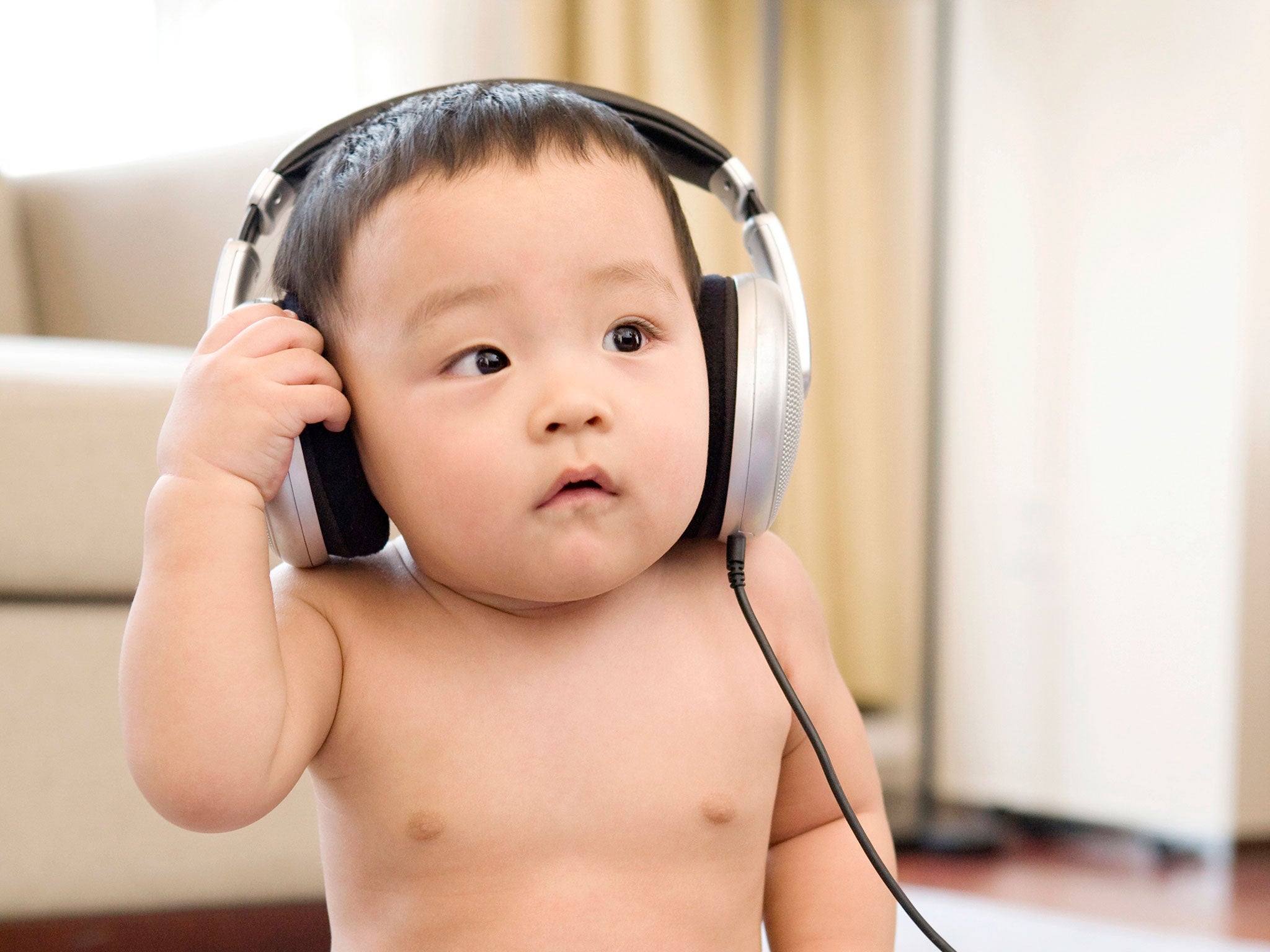Unconscious languages: Forgotten mother tongues leave traces in the brain
Adoptees' lost mother tongue has lasting effects on their minds

Your support helps us to tell the story
From reproductive rights to climate change to Big Tech, The Independent is on the ground when the story is developing. Whether it's investigating the financials of Elon Musk's pro-Trump PAC or producing our latest documentary, 'The A Word', which shines a light on the American women fighting for reproductive rights, we know how important it is to parse out the facts from the messaging.
At such a critical moment in US history, we need reporters on the ground. Your donation allows us to keep sending journalists to speak to both sides of the story.
The Independent is trusted by Americans across the entire political spectrum. And unlike many other quality news outlets, we choose not to lock Americans out of our reporting and analysis with paywalls. We believe quality journalism should be available to everyone, paid for by those who can afford it.
Your support makes all the difference.People who left their birth place at an early age may not have any memories of the first language they heard around them, but the pathways it created in their brains remain intact, scientists say.
This could be good news for anyone thinking of re-learning a language from their infancy, as it could be a lot easier than previously thought.
The study, published in the journal ‘Proceedings of the National Academy of Sciences’ (PNAS), is the first to use brain imaging techniques to examine the effects of lost languages.
The researchers asked three groups of Canadian girls, aged nine to seventeen, to undergo brain scans whilst listening to recordings in Mandarin.
One group consisted of girls who were born in China, but had been adopted as infants and spoke only French. The second group were fluent in Chinese as well as French, and the children in the third group were French speakers who were born in Canada and had never been exposed to Mandarin.
When listening to the recordings, the brains of the adopted girls showed the same response pattern as the brains of the girls who were fluent in Mandarin. Areas of the brain associated with the processing of language became activated, even though the adopted girls were not able to understand or speak Mandarin, and didn’t have any conscious memory of ever having heard it.
In contrast, when the French-speaking girls who had spent their entire lives in Canada listened to the same sounds, completely different areas of the brain were activated. The brains of these children weren’t treating the sounds as language, whereas the brains of the adopted girls were, despite their lack of conscious comprehension.
“It astounded us that the brain activation pattern of the adopted Chinese who ‘lost’ or totally discontinued the language matched the one for those who continued speaking Chinese since birth. The neural representations supporting this pattern could only have been acquired during the first months of life,” said Lara Pierce from McGill University in Quebec, lead author of the paper.
Her findings show that linguistic information stored in infancy is not overwritten. A reason for this could be that the brain is holding on to it for possible later use.
The adopted girls who took part in the study were on average one year old when they left China. Babies begin life with an ability to discriminate the sounds of all the world’s languages. Over time, however, we become more specialised in our specific language and less sensitive towards the subtle differences between non-native sounds.
According to Ms Pierce and her colleagues, further research is needed to discover whether the traces of a lost mother tongue influence the ability to learn other languages later in life.
Join our commenting forum
Join thought-provoking conversations, follow other Independent readers and see their replies
Comments